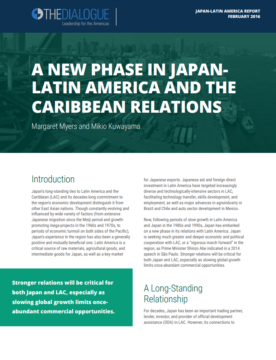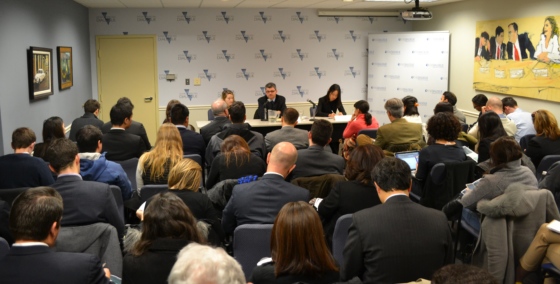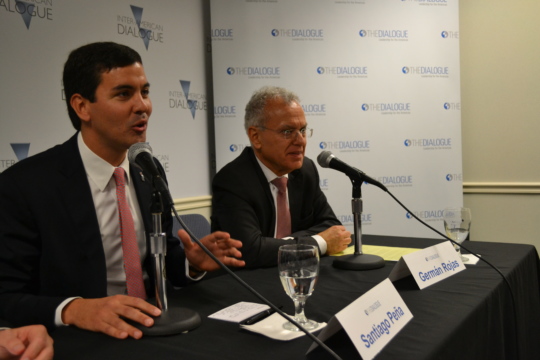 Video
Video
Paraguay’s Role in a Changing Regional Economy
“Institutions are the key to growth,” concludes a panel of Paraguay’s Minister of Finance, President of the Central Bank, and Ambassador to the US
“Institutions are the key to growth,” concludes a panel of Paraguay’s Minister of Finance, President of the Central Bank, and Ambassador to the US
A conversation with Luis Vicente León
Una conversación con René Orellana, Ministro de Planeación del Desarrollo
Segundo Shifter, a transição ideológica acontece porque os cidadãos de América Latina estão buscando soluções pragmáticas para seus problemas, especialmente os econômicos.
A conversation with Alfonso Prat Gay, Minister of Finance of Argentina
The US visit of Brazilian President Dilma Rousseff nine months ago, as it turned out, had little consequence.
La noticia de la aprobación del PAP ha planteado muchas interrogantes acerca de su significado, implementación e impacto.
The election of President Mauricio Macri may signal the start of a new era in Argentine energy policy and cooperation with the United States, but the new government still faces challenges to increasing oil and gas production and erasing energy subsidies.
Latin American and Caribbean countries have entered a difficult period that is likely to be characterized by economic stagnation and political turbulence
As Latin American countries reassess their energy policies in light of lower oil prices, there is an opportunity to apply lessons learned from the US experience to enact regulations that mitigate environmental risks, strengthen public support, and attract investment.
Latin America can expect both continuity and divergence from Chinese actors in the coming years.
As global oil prices collapsed over the last two years, regional governments have started to lose their leverage in the energy industry. To attract international investors, they must offer increasingly favorable terms, which means ceding more of their own control.
Although growth is slowing on both sides of the Pacific, Japan would appear committed to continued economic engagement with the region.
For decades, Japan has been an important trading partner, lender, investor, and provider of official development assistance in Latin America and the Caribbean.
Despite slowing growth on both sides of the Pacific, China’s policy bank finance to Latin America reached $30 billion in 2015.
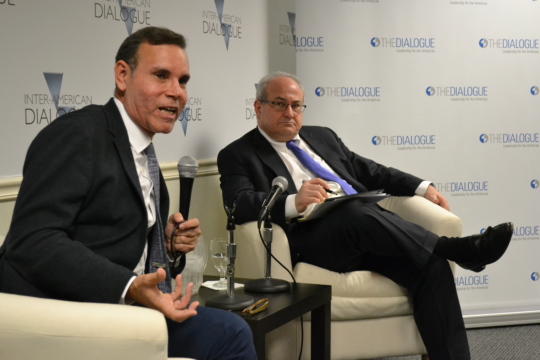 Video
Video
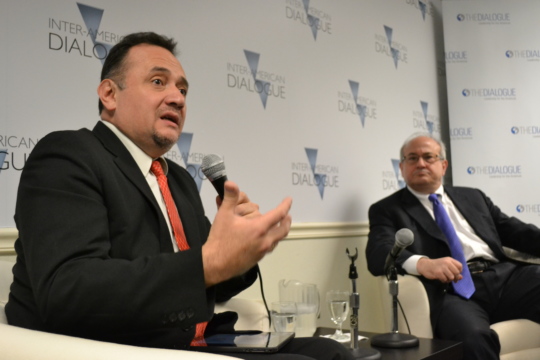 Video
Video
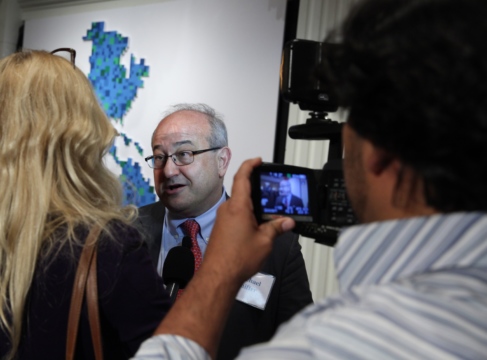
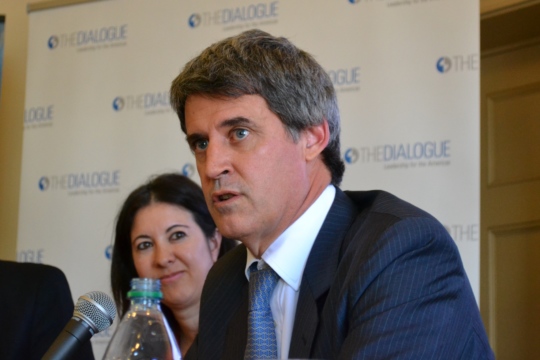
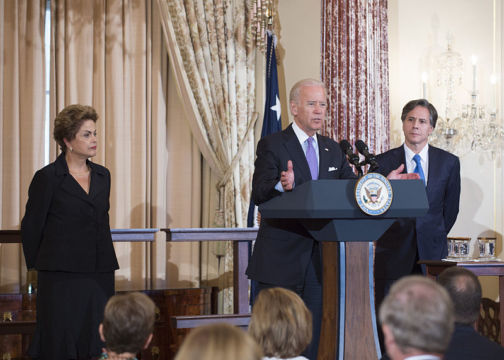
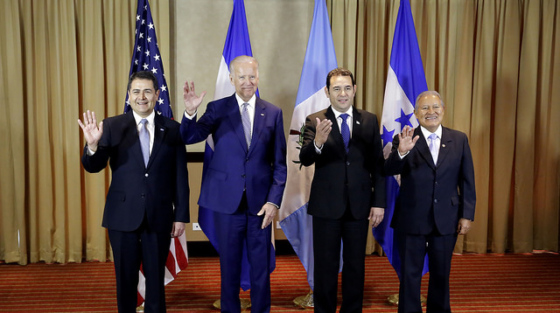

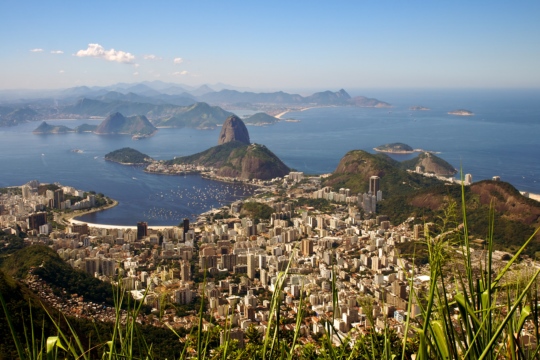
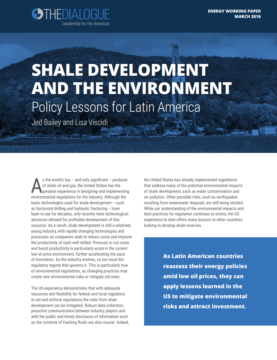
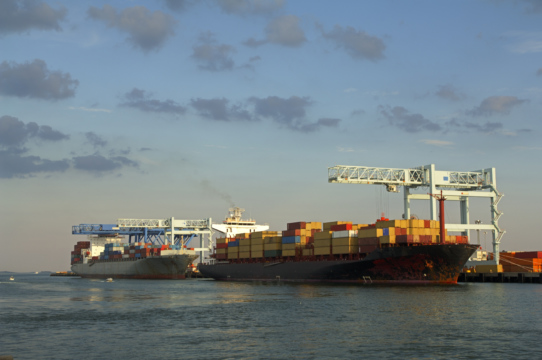
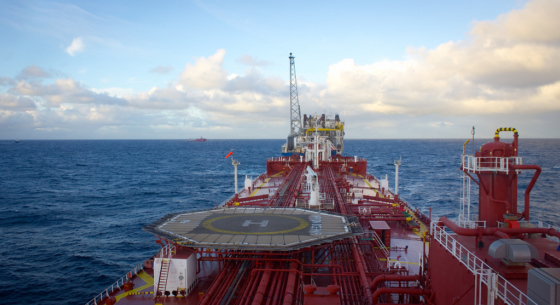
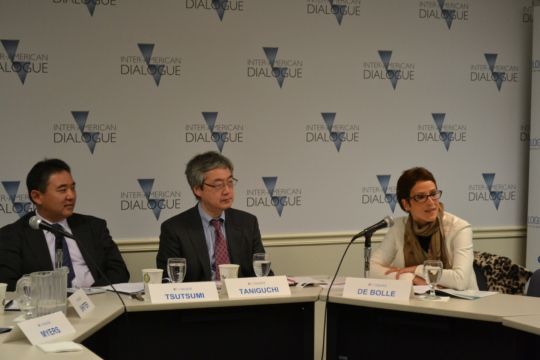 Video
Video
